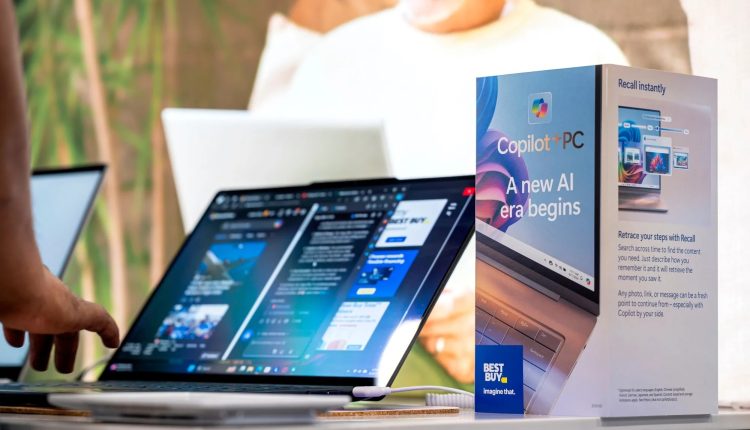Microsoft’s Corporate Vice President of Enterprise and OS Security, David Weston, has unveiled an ambitious vision for Windows by 2030, centered on artificial intelligence fundamentally transforming how users interact with computers. In a newly released video titled “Windows 2030 Vision,” Weston predicts that traditional mouse-and-keyboard inputs will soon feel as outdated as MS-DOS commands do to younger generations today.
The Multi-Modal Shift
Weston describes a future where Windows evolves into a “multi-modal” interface capable of seeing, hearing, and conversing with users. Computers will process visual and auditory cues in real-time, allowing voice commands like “summarize this report” or “schedule a meeting with the finance team” to replace manual clicking and typing. This shift aims to make human-computer interaction feel more natural and intuitive.

AI agents will serve as core components of this system. Weston suggests businesses could “hire” AI security analysts that attend Microsoft Teams meetings, respond to emails, and autonomously handle tasks like threat detection, all while mimicking human behavior. “These agents will free us from toil and work,” he stated, enabling employees to focus on creative and strategic responsibilities.
Underlying Technology and Challenges
Quantum computing is critical to realizing this vision. Microsoft is already embedding “quantum-safe encryption” into Windows to counter future security threats posed by quantum processors’ ability to crack conventional encryption. Weston warns that without such safeguards, attackers could gain “asymmetric” advantages.
However, skepticism remains. TechRadar notes that earlier Microsoft promises, like Copilot comprehensively adjusting system settings via voice commands, have yet to materialize fully. Independent analysts question whether voice alone can replace keyboards for complex workflows. “While voice commands excel for quick tasks, drafting code or detailed documents still requires precision input,” said Priya Sharma, Forrester’s AI research lead. “The transition will be gradual.”
Microsoft’s Strategic Push
This vision aligns with Microsoft’s aggressive AI integration across its ecosystem. Over 70% of Fortune 500 companies already use Microsoft 365 Copilot for tasks like email summarization and transcription. The company’s $5.6 billion investment in AI data centers and partnerships with firms like France’s Mistral AI further signal its commitment.
Weston’s insights also contextualize Windows 10’s impending end-of-support date (October 14, 2025). Microsoft urges upgrades to Windows 11, which includes AI tools like Recall (context-aware search) and Cocreator (generative image editing), laying the groundwork for future capabilities.
While Weston’s full vision may not materialize by 2030, incremental changes are inevitable. Expect deeper Copilot integration in Windows 12, expanded voice controls, and specialized AI agents for enterprise roles. As Microsoft’s security VP concluded: “Agents will enable things we could only dream of years ago”.
Subscribe to my whatsapp channel


Comments are closed.